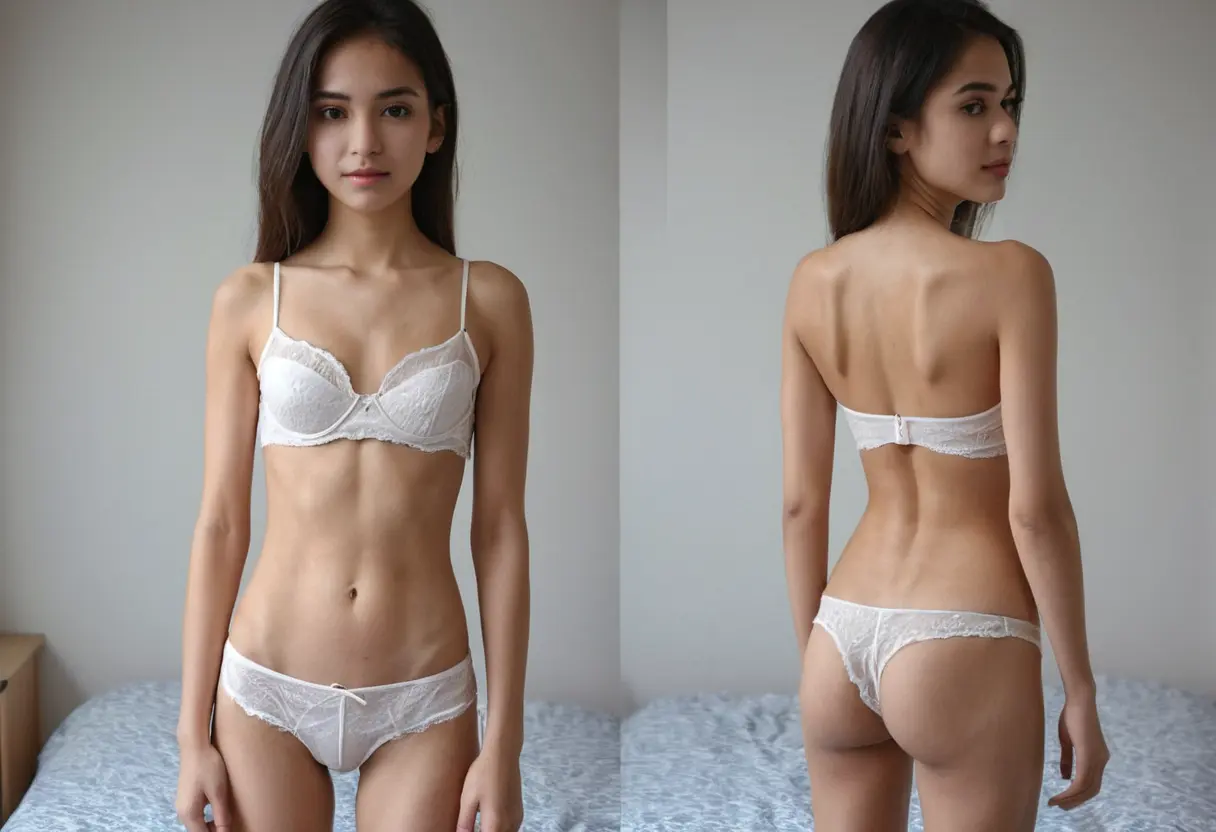The Evolution of AI in Generating Nude Art and Its Ethical Implications
Introduction
The evolution of artificial intelligence (AI) in generating nude art has sparked significant discussions in the realms of technology, art, and ethics. As AI systems become more sophisticated, they have begun to create artworks that challenge traditional notions of creativity and originality. This article delves into the history of AI in art creation, explores the techniques used in generating nude art, and discusses the ethical implications surrounding this emerging field. Understanding these aspects is crucial for artists, technologists, and ethicists alike as we navigate the complexities of art in the age of AI.
The Historical Context of AI in Art
The integration of AI in the art world is not a recent phenomenon. Its roots can be traced back to the 1960s, when early experiments in computer-generated imagery began. However, it wasn't until the rise of machine learning and neural networks in the 21st century that AI's potential in creating art, particularly nude art, became more pronounced. Techniques such as generative adversarial networks (GANs) have revolutionized how AI can mimic human artistic styles, including the depiction of the human form.
Techniques Used in AI-Generated Nude Art
AI-generated nude art relies on various techniques that enable machines to produce visually striking and conceptually rich images. Some of the most prominent methods include:
- Generative Adversarial Networks (GANs): This technique involves two neural networks—a generator and a discriminator—that work against each other to create images that are increasingly realistic. The generator produces images while the discriminator evaluates them, leading to continual improvement.
- Deep Learning: By training on vast datasets of existing artworks, AI can learn styles, color palettes, and composition techniques, which it then applies to create nude art that can vary widely in style and presentation.
- Style Transfer: This method allows AI to apply the visual style of one image to the content of another. For instance, a nude figure can be rendered in the style of famous artists, blending classical techniques with modern subject matter.
Challenges and Controversies
The creation of nude art through AI raises several challenges and controversies. One major issue is the question of authorship. When an AI generates an artwork, who is the true creator? Is it the programmer who designed the AI, the machine itself, or the dataset from which the AI learned? This ambiguity complicates traditional notions of intellectual property and raises questions about copyright.
Moreover, the portrayal of nudity in art is steeped in cultural, historical, and personal significance. AI-generated nude art can sometimes reflect and perpetuate harmful stereotypes or unrealistic standards of beauty. This concern is especially pertinent given that the datasets used to train these AIs often include images that may not represent a diverse range of body types or cultural perspectives.
The Ethical Implications
The ethical implications of AI-generated nude art extend beyond questions of authorship. One significant concern is the potential for misuse. AI-generated images can be manipulated to create non-consensual representations or deepfakes, raising serious ethical and legal issues. Furthermore, the ability to generate nude images effortlessly may desensitize viewers to the value of human artistry and emotional expression inherent in traditional nude art.
Additionally, there are concerns about the impact on artists. As AI continues to evolve, traditional artists may find their work devalued or overshadowed by machine-generated pieces. The art community must consider how to support human artists while navigating this new landscape.
Conclusion
The evolution of AI in generating nude art presents both exciting opportunities and significant challenges. As technology advances, it is essential for artists, technologists, and ethicists to engage in meaningful dialogues about the implications of AI-generated content. By understanding the historical context, the techniques employed, and undress ai toolthe ethical concerns surrounding this issue, we can better navigate the intersection of art and technology. The future of nude art, shaped by both human and machine creativity, will undoubtedly continue to provoke thought and discussion in the years to come.
Weekly hotspots
- Best Free Undressing AI Tools for Enhanced Image Editing
- Exploring the Future of Undress Free Content in AI Pornography
- Explore the Benefits of Undressed AI App for Enhanced Personalization
- Exploring the Impact of AI Technology on Image Manipulation and Privacy Concerns
- Explore the Benefits of Using Undress AI Tool for Fashion Choices
- Discover the Best Free Tools for Undress AI to Enhance Your Projects





